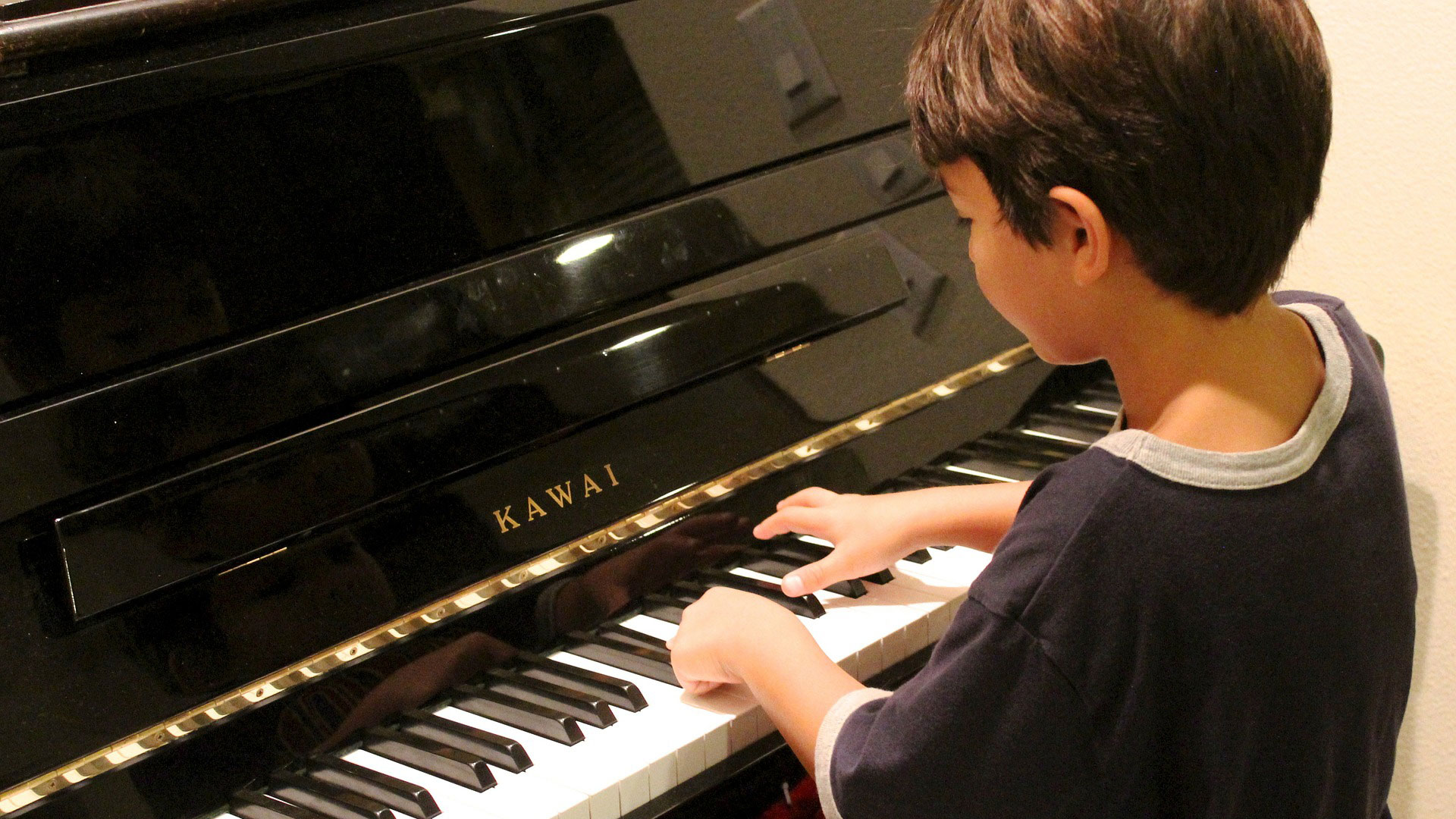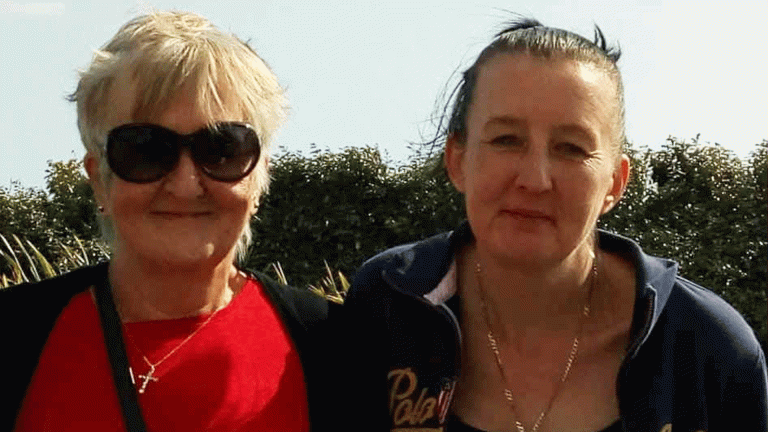Creative subjects in schools are in serious peril. Over generations, they’ve repeatedly come up against sideways sneers that they’re lightweight, but now the main threat (for pupils in England at least) seems to be aimed directly from above. Government plans for the new English Baccalaureate (EBacc) discount creative, artistic and technical subjects from school league tables and will make at least seven academic GCSEs compulsory, squeezing out everything else for many pupils.
The effects are already being felt. Last month, the Joint Council for Qualifications revealed there had been a 10 per cent drop in the uptake of creative GCSEs in just one year. Performing and expressive arts numbers fell by a devastating 45 per cent, again in just 12 months.
But the fightback has begun. More than 200 organisations have signed up to the Bacc for the Future campaign, calling on the government to rethink its plan (which originally came about thanks to well-meaning hopes of stemming the fall in pupils studying science and languages). But in a post-Brexit, digital Britain there’s concern that youngsters will need as broad a learning base as possible, and the campaign points out that there’s no evidence to show that EBacc subjects will serve pupils any better than their creative counterparts.
Creative industries are worth £92 billion a year to the UK – more than oil, gas, life sciences, automotive and aeronautics combined
Cellist Sheku Kanneh-Mason, the showstopping revelation of Harry and Meghan’s wedding, honed his craft thanks to a (state) school that nurtured creative talent. Sheku got behind the Bacc for the Future campaign, saying: “Without the amazing opportunities I had in my secondary school I would not be where I am today.”

Things are hardly rosier in Scotland. A recent report by Professor Jim Scott of Dundee University, published by Tes Scotland, found the range of subjects available to secondary pupils is on the slide. Most pupils (54 per cent) now study just six subjects in fourth year, up from 45 per cent the previous year. The Scottish Secondary Teachers’ Association echoed concerns from England – that a narrow
curriculum elbows out subjects like art and music. Factor in council cuts, which have seen funds for out-of-school groups drying up, and you have to wonder where a creative education is going to come from for any child other than the most privileged.
It’s worth remembering that the creative industries are worth £92 billion a year to the UK – more than oil, gas, life sciences, automotive and aeronautics combined – and last year the sector was growing at twice the rate of the rest of the economy. So not particularly lightweight after all.









